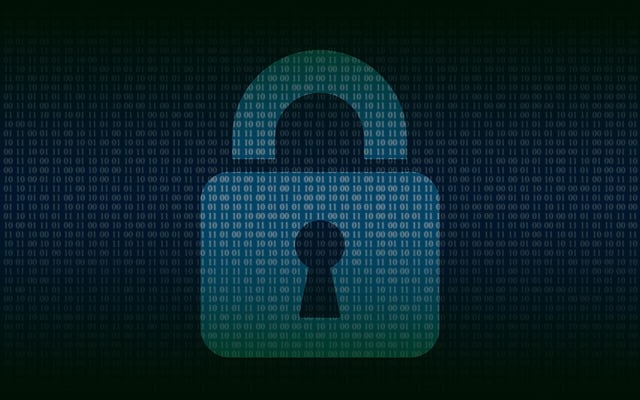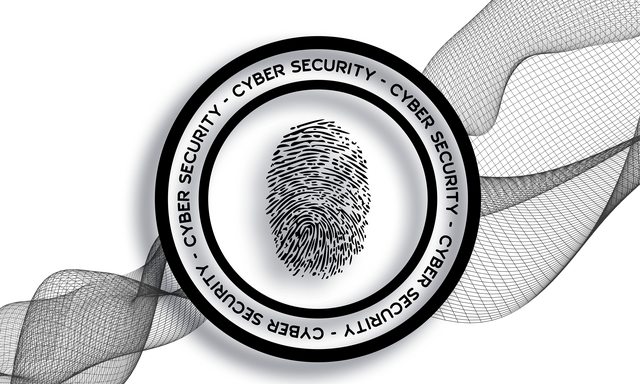Accounting firms face heightened cybersecurity risks due to their custody of sensitive financial data and digital assets, making robust security measures imperative. Key strategies include multi-factor authentication, advanced encryption technologies, regular phishing defense training, and compliance with standards like PCI DSS or HIPAA. Comprehensive security architectures, integrating tools such as firewalls, intrusion detection systems, and continuous monitoring, safeguard against evolving threats. Implementing strict access controls, data encryption, and regular audits further bolsters secure financial networks, fostering customer trust and regulatory alignment.
In today’s digital landscape, accounting firms face unique risks in securing their valuable digital assets. With sensitive financial data at stake, implementing robust IT security strategies is paramount. This article explores essential practices and tools designed to fortify the digital defenses of accounting firms, focusing on protecting their critical financial information. From access controls to encryption and regular audits, discover how these measures contribute to securing financial networks and mitigating cyber threats effectively.
- Understanding the Unique Risks of Accounting Firms' Digital Assets
- Essential IT Security Strategies for Financial Safety
- Tools and Technologies for Fortifying Digital Defenses
- Implementing Access Controls to Secure Financial Networks
- Data Encryption: A Strong Shield Against Cyber Threats
- Regular Audits and Training: Staying Ahead of Evolving Risks
Understanding the Unique Risks of Accounting Firms' Digital Assets

Accounting firms possess a unique blend of digital assets that pose specific risks. With sensitive financial data at their core, these entities are attractive targets for cybercriminals. The digital landscape presents several challenges; from sophisticated phishing attempts tailored to CPAs (Certified Public Accountants) to the constant evolution of malware designed to breach security protocols. As these firms often deal with confidential client information, even a single successful attack can lead to significant data breaches and reputational damage.
Implementing robust security measures is crucial for protecting these assets. This involves not just securing financial networks but also educating CPAs on password security practices. A well-designed data security plan tailored to the CPA industry should include regular phishing defense training, multi-factor authentication, and encryption technologies. By adopting such strategies, accounting firms can mitigate risks and ensure the integrity of their digital operations.
Essential IT Security Strategies for Financial Safety

In the realm of financial services, where sensitive data is a top asset, ensuring secure financial networks is paramount for accounting firms. Implementing robust IT security strategies and tools becomes an indispensable component of risk management. Beyond basic firewalls and antivirus software, modern protection involves advanced measures like encryption technologies to safeguard digital records and transactions. Compliance-level security protocols, designed to meet industry standards such as PCI DSS or HIPAA, are essential safeguards against data breaches.
Identity protection accounting is a critical facet of firm security protocols. Two-factor authentication, regular staff training on cybersecurity best practices, and strict access controls help prevent unauthorized access. By fostering a culture of digital vigilance, accounting firms can mitigate the risk of cyberattacks that target valuable financial information. Such proactive security measures not only protect against data loss but also maintain customer trust and ensure regulatory compliance.
Tools and Technologies for Fortifying Digital Defenses

In today’s digital age, accounting firms face unprecedented cybersecurity challenges, as their secure financial networks are constantly under threat from malicious actors. To fortify defenses, firms must adopt comprehensive security strategies that integrate advanced tools and technologies tailored to their unique needs. These solutions encompass multi-factor authentication, robust password security measures for accounting systems, and the implementation of compliance-level security protocols that align with industry standards like PCI DSS or specific regulatory frameworks like GDPR.
By leveraging firewalls, intrusion detection systems (IDS), and encryption technologies, firms can create a layered security architecture. This approach ensures that even if one defense fails, subsequent barriers will detect and mitigate potential threats. Regular security audits, employee training on cybersecurity best practices, and continuous monitoring further enhance firm security protocols, ultimately safeguarding sensitive financial data from cyberattacks.
Implementing Access Controls to Secure Financial Networks

Implementing robust access controls is a cornerstone of securing a firm’s financial networks against potential threats. Accounting firms, with their vast amounts of sensitive data, must establish strict protocols to ensure that only authorized personnel can access critical information. This involves employing multi-factor authentication mechanisms, which add an extra layer of security beyond passwords alone. By requiring users to provide multiple forms of identification, such as a password and a unique code from a mobile device, firms significantly reduce the risk of unauthorized access.
Moreover, segmenting networks and restricting access based on roles and responsibilities is essential for maintaining firm security protocols. This strategy, often referred to as least privilege, ensures that employees have access only to the data necessary for their specific job functions, thereby mitigating the impact of potential breaches. Additionally, regular audits of user permissions can help identify and rectify any anomalies or excessive privileges, further bolstering the overall cloud security for CPAs.
Data Encryption: A Strong Shield Against Cyber Threats

Data encryption serves as a robust shield against evolving cyber threats targeting secure financial networks. By transforming sensitive data into unreadable formats, this strategy prevents unauthorized access and ensures the integrity of accounting firms’ digital assets. Advanced encryption algorithms, such as AES-256, offer unparalleled security, making it virtually impossible for malicious actors to decipher encrypted information without possessing the correct decryption keys.
Implementing robust firm security protocols, including data encryption, is essential for cloud security for CPAs. As more accounting practices adopt cloud-based solutions for data storage and management, protecting this digital infrastructure becomes paramount. Identity protection accounting measures, like multi-factor authentication and role-based access controls, further bolster security by restricting unauthorized personnel from accessing sensitive financial information.
Regular Audits and Training: Staying Ahead of Evolving Risks

Regular security audits and comprehensive training programs are essential components of any robust IT security strategy for accounting firms. By conducting frequent audits, firms can identify vulnerabilities and weaknesses in their digital infrastructure before malicious actors do. These audits should cover all aspects of their secure financial networks, including network architecture, access controls, data encryption, and employee protocols.
Moreover, ongoing training sessions tailored to the unique needs of CPAs (Certified Public Accountants) are vital. Training should focus on emerging threats and best practices for cloud security for CPAs, ensuring that professionals stay ahead of evolving risks. A compliance-level security approach, involving the implementation of a robust CPA firewall setup, can significantly reduce the risk of data breaches and other cyber threats.
